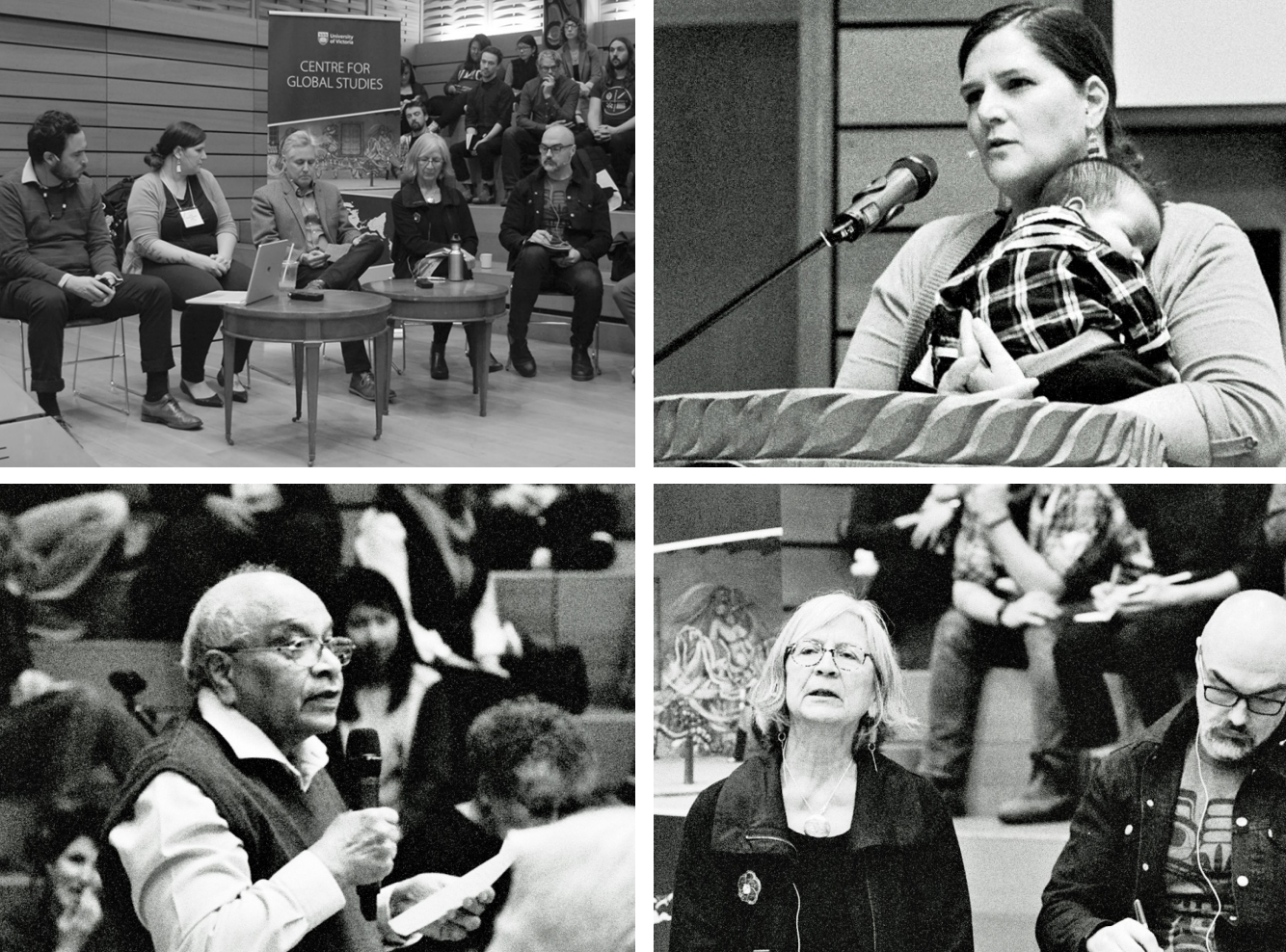Germany: Mastering the Past and Reinventing National Identity – European Memory Politics – a short introduction
Oliver Schmidtke from the University of Victoria presents a short introduction on how the 20th century’s past is (re)interpreted, commemorated, and narrativized in contemporary political life in Germany. This short summary allows the Jean Monnet Network European Memory Politics (EuMePo) to share some approaches to the difficult discussions about the national contexts and memory politics in selected countries.
” The legacy of the Third Reich and the Holocaust has become a foundational element of Germany’s political identity after 1945 (Olick and Levy 1997). While during the immediate post-war period the myth of ‘zero hour’ provided a convenient narrative for the collective amnesia regarding the crimes of Hitler’s regime, the task of commemorating and ‘mastering the past’ became a defining task of post-war generations. The German Democratic Republic claimed to be the quintessential anti-fascist state and, under the ideological guidance of the Communist regime, repudiated any collective responsibility for the horrors of the Third Reich. In the Federal Republic of Germany (FRG), a process of addressing the country’s post-1945 became an increasingly urgent (and painful) task in particular for younger Germans questioning what their parent generation did during the Third Reich. The insight into and moral-political responsibility resulting from the Hitler dictatorship and the Holocaust have gradually become the foundation on which a stable liberal-democratic republic in West Germany has been built. The commitment to ‘never again’ has been and remains at the heart of the young German democracy…” Read more: Corr_Germany edits
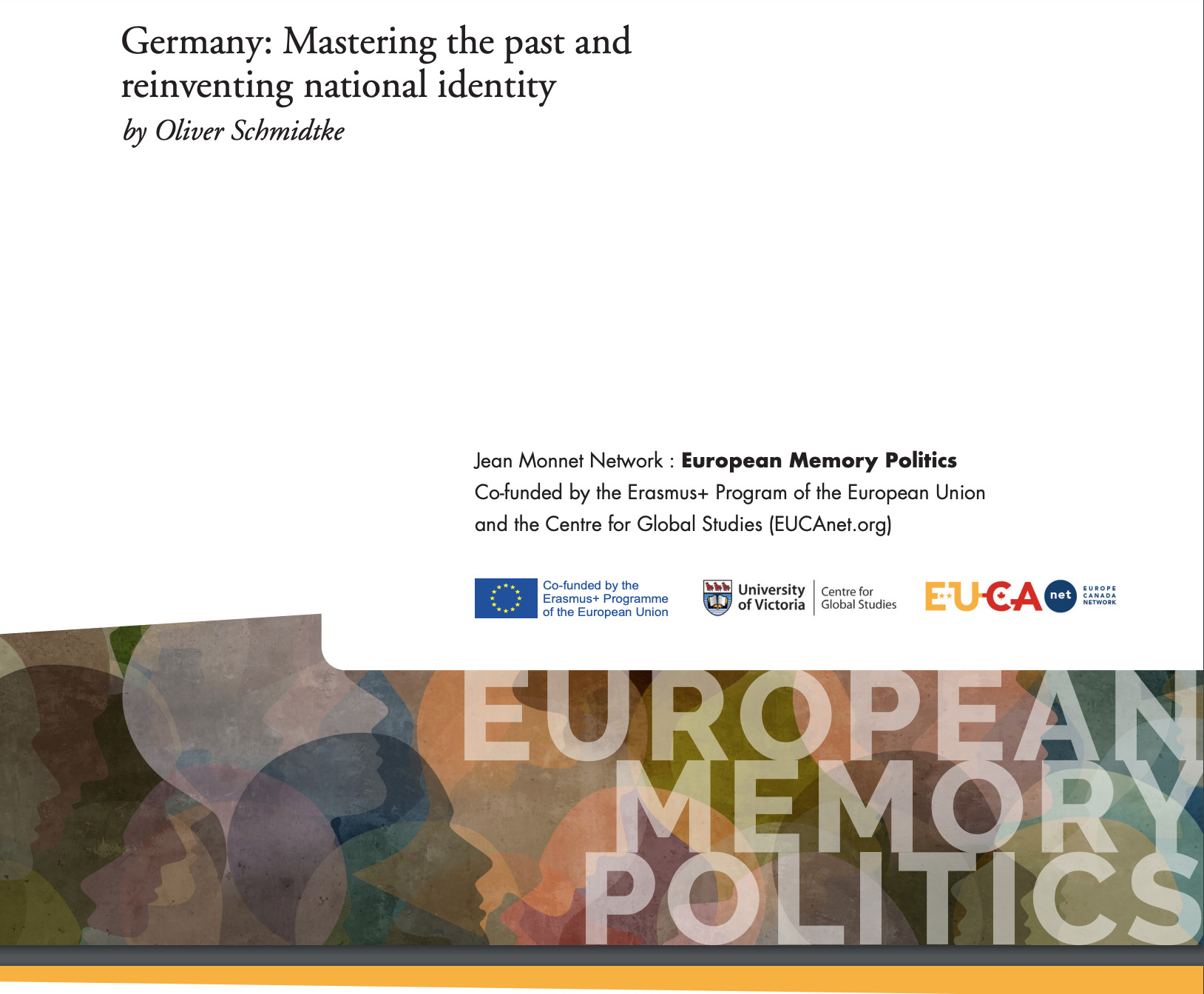

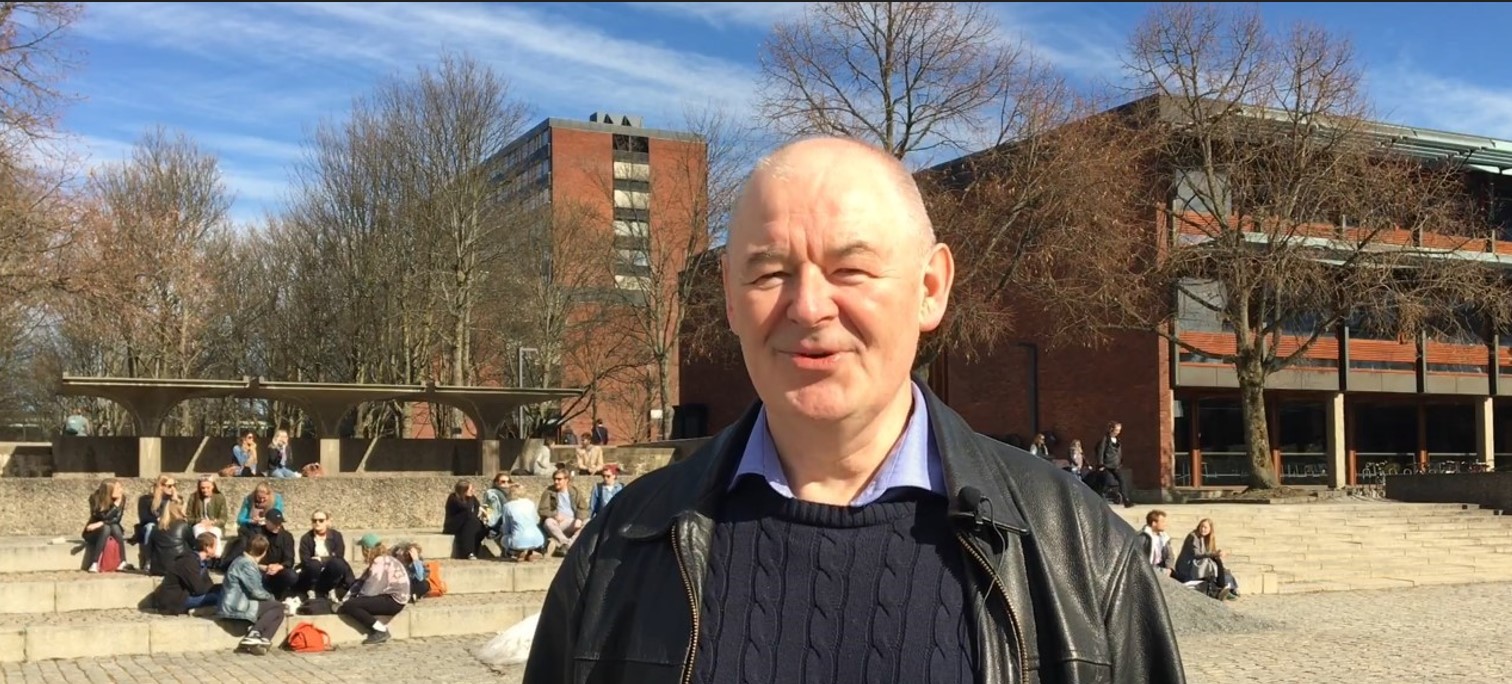

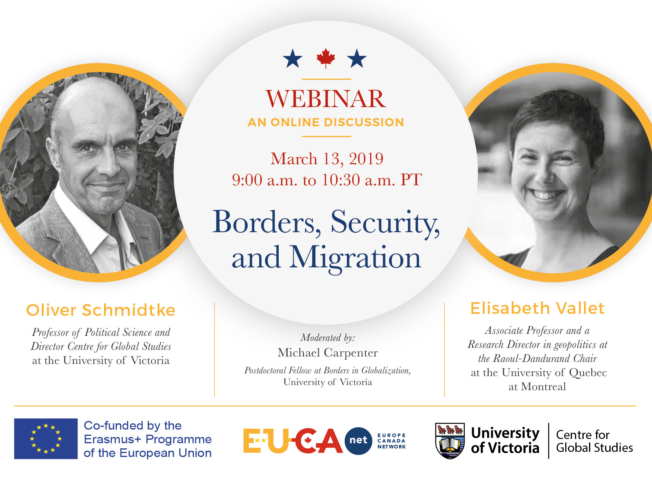
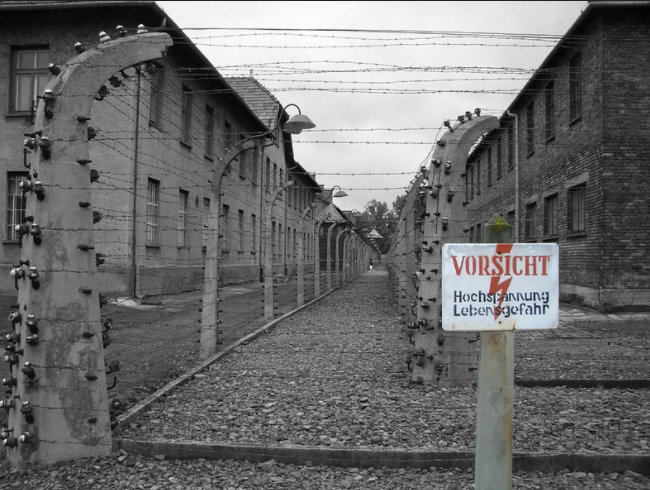
 https://www.dw.com/de/f%C3%BCnfte-amtszeit-von-angela-merkel/a-53453226v
https://www.dw.com/de/f%C3%BCnfte-amtszeit-von-angela-merkel/a-53453226v
